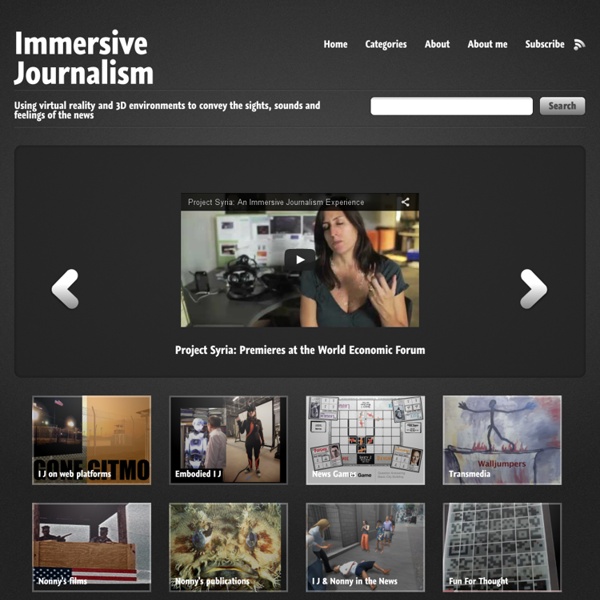



eCicero Aristegui Noticias - Desde cualquier medio, periodismo en libertad clasificación Mundial 2011-2012 África En África se amplió la distancia entre los buenos y los malos alumnos Los países que reprimieron las protestas populares vivieron caídas vertiginosas Si bien las primaveras árabes de 2011 no desbordaron el África subsahariana hasta el punto de hacer caer a los gobiernos, algunos regímenes enfrentaron fuertes reivindicaciones políticas y sociales. Los periodistas que cubrían estas manifestaciones con frecuencia sufrieron de lleno la respuesta brutal de las fuerzas policíacas, prontas a reprimir sin discernimiento y a atacar a los testigos molestos. Este fue el caso de Angola (132º lugar), donde algunos periodistas fueron detenidos durante las manifestaciones en septiembre. Los países más cerrados y autoritarios, en la cola de la clasificación Por el control de los medios de comunicación y de la libertad de expresión en general que ejercen las autoridades, Reporteros sin Fronteras considera que la situación es “muy grave” en Ruanda (156º) y en Guinea Ecuatorial (161º). En medio
Freedom of information: my monstrous idea will keep corporate tyrants at bay | George Monbiot Modern government could be interpreted as a device for projecting corporate power. Since the 1980s, in Britain, the US and other nations, the primary mission of governments has been to grant their sponsors in the private sector ever greater access to public money and public life. There are several means by which they do so: the privatisation and outsourcing of public services; the stuffing of public committees with corporate executives; and the reshaping of laws and regulations to favour big business. With these increasing powers come diminishing obligations. In this column I will make a proposal that sounds – at first – monstrous, but I hope to persuade you is both reasonable and necessary: that freedom of information laws should be extended to the private sector. The very idea of a corporation is made possible only by a blurring of the distinction between private and public. Privatisation and outsourcing ensure that private business is, or should be, everyone's business.
Business - Jordan Weissmann - Why Porn and Journalism Have the Same Big Problem Nobody wants to pay for their products. Reuters The smut business just isn't what it used to be. The early days of the Internet were a bonanza for major pornography studios, as the web transformed adult entertainment into an instant, unlimited, and completely private experience -- always just a credit card charge and a cable modem away. Stuart Lawley, the entreprenuer behind .XXX, has a plan to try and reclaim some of that lost revenue -- micropayments. Next year, ICM plans to introduce a proprietary micropayment system. Yikes. In other words, convincing people to pay for to watch sex is a much taller task these days than getting them to pay for a song. In fact, it's a bit like getting them to pay for a newspaper. The fantasy that small payments will save publishers as they move online is really a fantasy that monopoly pricing power can be re-established over we users. What holds for journalism in this case holds for sex.
Online News Association Tell-all telephone | Data Protection | Digital Betrayed by our own dataMobile phones are tracking devices that reveal much about our lives. One look at our interactive map of data provided by the Green party politician Malte Spitz shows why. Nuclear plants in your neighbourhoodHow many people live near a nuclear power plant in Germany? How many people lives within a radius of 20 kilometres? PISA based Wealth ComparisonHow do families live these days? ZEIT ONLINE analyzed and visualized the data OECD's comprehensive world education ranking report, PISA 2009. A United States of Europe? Dialysis How are the Dialysis Centers Near You? by Minhee Cho ProPublica, April 20, 2012, 3:02 p.m. A roundup of local coverage using data from our updated Dialysis Facility Tracker. Federal Grand Jury Probes Major Dialysis Provider by Robin Fields ProPublica, Aug. 4, 2011, 4:37 p.m. DaVita, the country’s second-largest dialysis provider, announced in a financial filing that a U.S. Dialysis: The Story So Far ProPublica, March 29, 2011, 4:22 p.m. Feds to Follow ProPublica, Release Dialysis Clinic Data by Robin Fields ProPublica, March 29, 2011, 9:41 a.m. Officials with the Centers for Medicare and Medicaid Services told Sen. Led by California, Inspection Backlogs Weaken Dialysis Oversight by Robin Fields ProPublica, Dec. 28, 2010, 9:35 a.m. An investigation by ProPublica found that some states are failing to meet inspection targets for the nation’s more than 5,000 dialysis clinics. Explore Quality of Care at Dialysis Facilities Near You by Robin Fields ProPublica, Dec. 23, 2010, 5:12 p.m. Sen. Sen.
Multimedia: Returning soldiers deal with behavioral symptoms and recovery from traumatic brain injury (washingtonpost.com) Victims of gang violence: Caught in the crossfire After the smoke clears, physical and emotional pain endure for crime victims and their families. By Kurt Streeter It often chooses its victims blindly, bursting boldly into view, shocking, inexplicable and seemingly without warning. Violence may be lessening in Los Angeles but it still casts a dark cloud over many parts of the county and its surroundings. A reminder came recently when Aaron Shannon Jr., a 5-year-old dressed in his Spiderman costume, was killed on Halloween, police say, by gang members who shot into his backyard. But for those left behind -- maimed victims, husbands, mothers, best friends of the dead -- there is no forgetting. They spend years struggling against pain that is sometimes physical and almost always emotional. Some dip into long periods of depression, battling to keep their relationships, their jobs and their hope afloat. Rose Smith is a survivor. One of the bullets had shattered vital nerves in her spinal cord. Moving forward has not been easy. "Why me?"
Now What Argentina? | ¿Y Ahora Que?